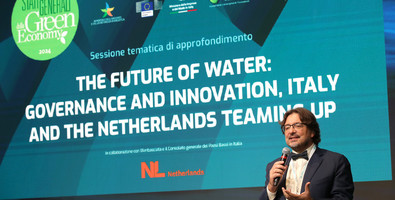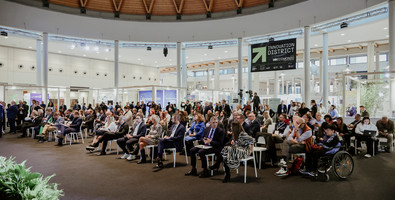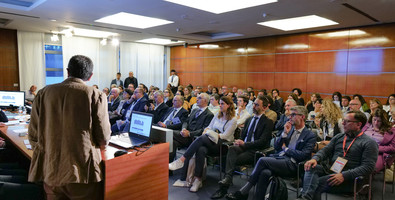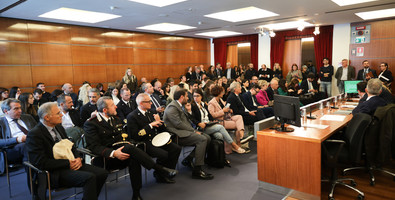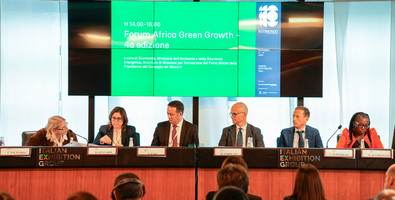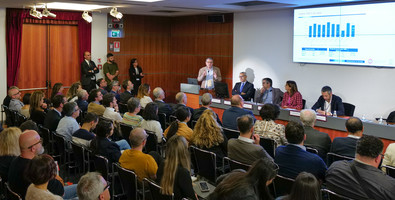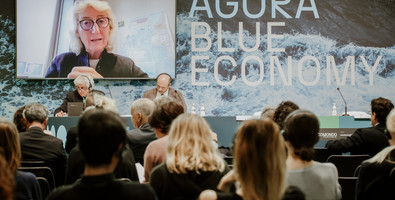Ecomondo 2025 themes
Ecomondo 2025 hosts a wide-ranging programme of conferences, seminars and events that explore the main changes in technology, regulations and the market in the various strategic sectors (both industrial and urban). These involve the circular economy, water resources management, environmental monitoring and regeneration, and hydrogeological risk and mitigation.
To ensure the content is high quality, innovative and international in scope, it is overseen by the Scientific Technical Committee. This consists of a pool of eighty members, including scientists, technicians, senior representatives of national and international institutions, associations and federations from the sector, consortia and agencies.
The macro themes included:
- Innovative solutions for industrial and municipal waste prevention and integrated exploitation and circular resources management
- Water-resilient infrastructures in a changing climate: strategies and innovation actions.
- Sustainable and regenerative bioeconomy for the soil, hydrosphere and biodiversity health, climate change adaptation and productivity.
- Earth Observation Technologies to improve prevention, monitoring and management of environmental risks and extreme events.
- Scenarios and Evolutions of Green/Blue and Digital Transition in the Mediterranean and Africa countries.
- Green, climate, biodiversity finance.
Ecomondo hostes the States General of the Green Economy, a multi-stakeholder process involving all relevant actors of green economy in Italy.
The initiative is promoted by the National Council of the Green Economy in collaboration with the Ministry for the Environment and Energy Security and the European Commission. The States General aims to promote a shift in the Italian economy towards a green economy, so to develop opportunities for a sustained and sustainable development, recovering from the economic and climate crisis.


